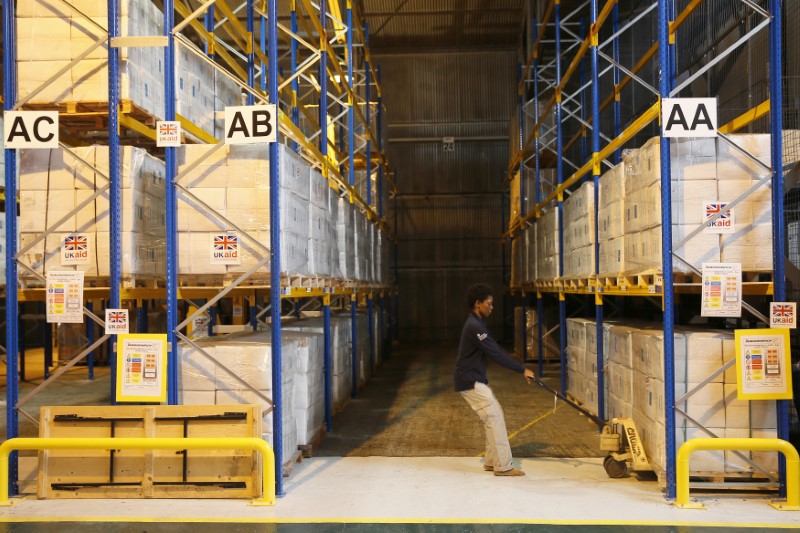By Tom Esslemont
LONDON (Thomson Reuters Foundation) - Britain lost 40 percent more money through fraud in its overseas aid programmes in 2015/16 compared to the previous year, data shows, with the rise attributed to better reporting of its misappropriated funds, according to government officials.
The UK government, which has stuck to a pledge to spend 0.7 percent of gross domestic product on foreign aid, has come under increasing scrutiny over how it spends its multi-billion dollar budget, which some MPs say would be better spent at home.
Data released by Britain's Department for International Development (DfID) revealed that the cost of fraud was 1.04 million pounds in 2015/16, compared with 749,000 pounds the previous year, a rise of more than 38 percent.
DfID, which operates predominantly through partner organisations, including charities, private companies and U.N. agencies, said the rise was due to "heightened scrutiny" by the department.
"Changes to the figures ... are underpinned by increased work to improve the culture of awareness raising and reporting amongst staff and partners," said a DfID spokesman.
But the data, obtained by the Thomson Reuters Foundation through a Freedom of Information request, showed that while the cost of fraud had risen, the number of recorded cases had fallen.
Of nearly 400 investigations into reports of fraud in 2015-16, only 69 turned out to be proven cases, down from 91 cases the previous year.
Five cases of fraud had been discovered between January and August 2016, the data showed. No further information was given about the nature of cases.
"We actively investigated and acted upon all suspicions and allegations of fraud, corruption and abuse of DFID resources in 2015/16," the spokesman said.
Two years ago DfID was criticised by a government ombudsman for its performance in tackling corruption in several countries in which it works.
Last year DfID spent nearly 10 billion pounds on overseas development, according to its 2015/16 annual report.
It lists among its achievements supporting 69.5 million people, including 36.4 million women, to gain access to financial services to help lift them out of poverty.

The 2,800-person-strong department has a "zero tolerance" approach to fraud and corruption and "actively investigates" all suspicions and allegations of fraud, corruption and abuse of DfID resources, its spokesman said in a statement.